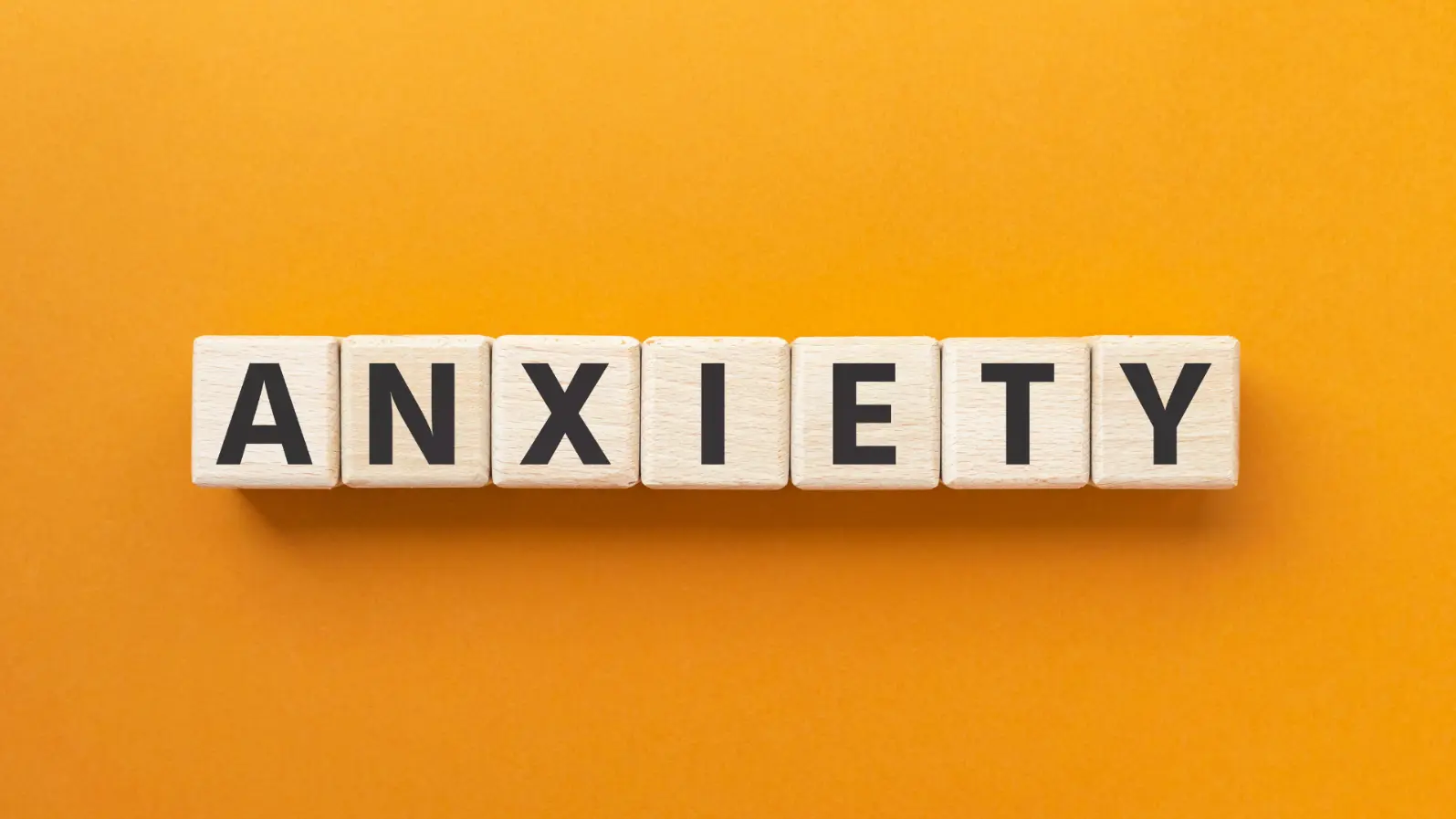
How Dental Anxiety and Oral Health Literacy Shape Quality of Life: A Fresh Look at New Evidence
Understanding Why Oral Health Is More Than Just Teeth
Dental visits often trigger nervousness for many people but for some, this anxiety is strong enough to influence whether they seek care at all. At the same time, oral health literacy (OHL) how well someone understands oral health information plays a key role in daily habits, treatment decisions, and long-term outcomes.
A new study published in BMC Oral Health (2024) explores how dental anxiety and oral health literacy together influence oral health-related quality of life (OHRQOL). Despite growing global interest in oral health literacy, few studies have examined how these three elements interact.
This research fills that gap.
What the Researchers Wanted to Know
The authors aimed to answer a simple but important question:
How do dental anxiety and oral health literacy affect a person’s quality of life related to their oral health?
To explore this, researchers surveyed 155 adults aged 18–80 who visited the Department of Oral and Maxillofacial Diseases at Guilan University of Medical Sciences, Iran.
Participants completed three validated questionnaires:
Modified Dental Anxiety Scale (MDAS) – to measure dental anxiety
OHL-AQ (Adult Oral Health Literacy Questionnaire) – to assess oral health literacy
OHIP-14 – to evaluate oral health–related quality of life
The researchers then analyzed the data using statistical tests and confirmatory modeling.
What They Found
1. Dental anxiety is widespread and strongly linked to poor quality of life
57.4% of participants had dental anxiety.
Those with higher anxiety reported significantly poorer OHRQOL.
Each one-unit increase in anxiety raised the OHRQOL score (indicating worse quality of life) by 0.31 points.
Anxiety while waiting in the dental office was the strongest driver of fear.
2. Oral health literacy matters too
Nearly half (49.7%) had insufficient oral health literacy.
Higher OHL was linked to better OHRQOL.
Every one-unit increase in OHL improved OHRQOL by 0.66 points.
OHL questions related to antibiotic-use instructions had the greatest influence on literacy scores.
3. Dental anxiety has a stronger effect than literacy
When both factors were modeled together, dental anxiety showed a greater impact on quality of life than OHL.
4. Women, older adults, and low-income individuals were more affected
The study identified significant differences across:
Age groups – older adults with dental anxiety had worse OHRQOL
Gender – women showed stronger anxiety–QOL relationships
Income level – low-income individuals were more vulnerable
Urban vs rural settings – anxiety worsened OHRQOL in both groups
Meanwhile, demographic factors did not significantly change the relationship between literacy and quality of life.
Why These Findings Matter
This study reinforces something many clinicians observe:
Dental anxiety can trap individuals in a harmful cycle avoiding care, worsening disease, and experiencing a lower quality of life.
At the same time, low oral health literacy may heighten fear, increase uncertainty, and reduce engagement with preventive care.
Improving both psychological support and patient education could break this cycle.
What the Authors Recommend
Strengthening public oral health education
Providing clear explanations about procedures and treatment needs
Using simple literacy assessments in dental settings
Addressing anxiety early to improve patient cooperation and treatment outcomes
The authors also call for multicenter, longitudinal studies to explore how these relationships evolve over time.
Conclusion
This study highlights a powerful message:
Improving oral health literacy and reducing dental anxiety are essential to improving overall quality of life.
Beyond clinical treatment, supportive communication and patient-centered approaches may help individuals feel more informed, less afraid, and ultimately healthier both physically and psychologically.
Reference
Samami M., Farrahi H., Alinia M. The relationship between dental anxiety and oral health literacy with oral health-related quality of life. BMC Oral Health 24, 567 (2024).
DOI: 10.1186/s12903-024-04359-7